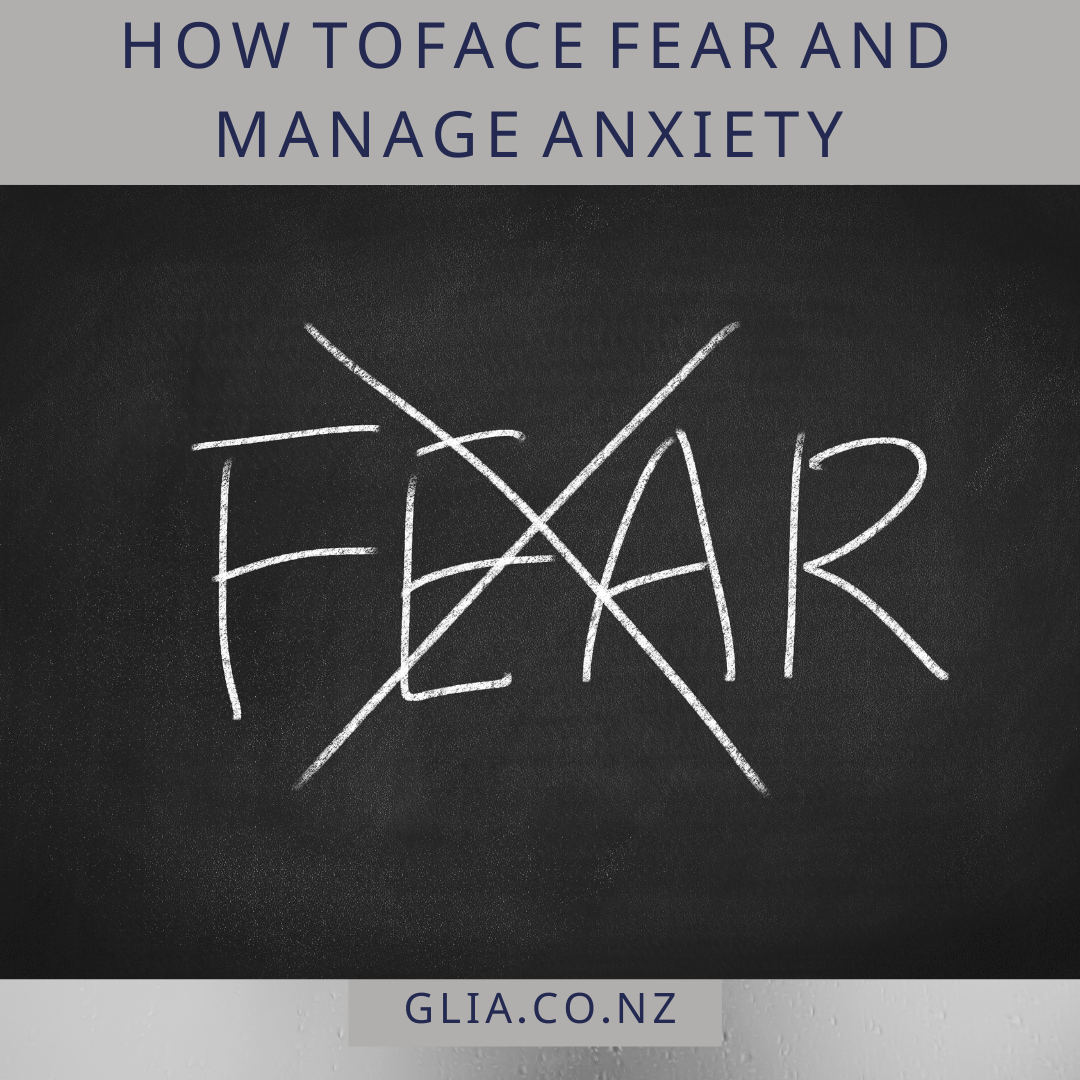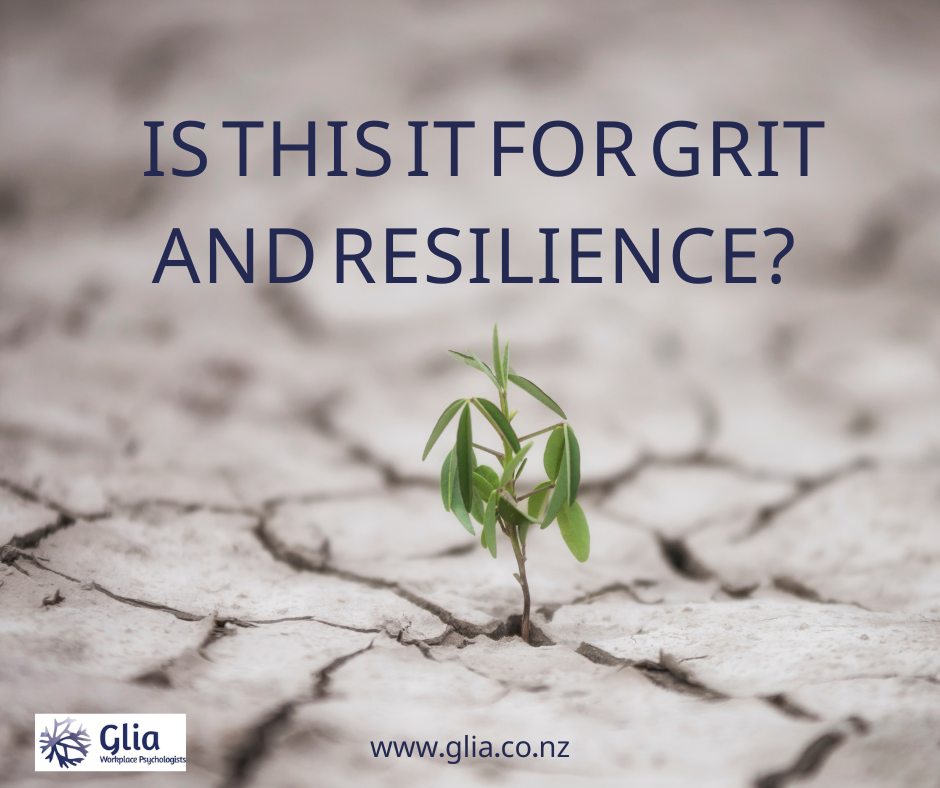In our last blog we covered how to identify burnout risks, and how to protect yourself at the recruitment stage by spotting which organisations or job roles might pose a high risk to individuals.
In this blog, we will cover some of the steps that individuals can take to lower their burnout risk and protect their mental health at work when they find themselves in a job role or organisation that may present a higher risk.










